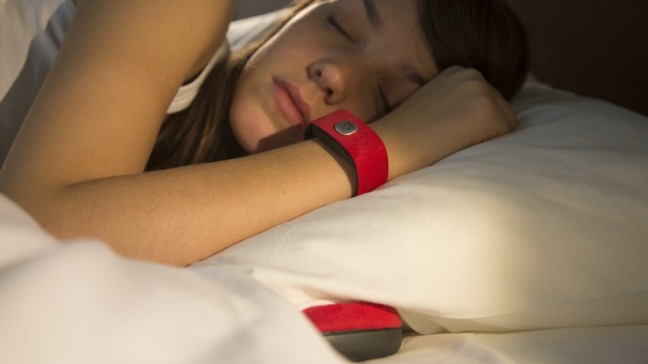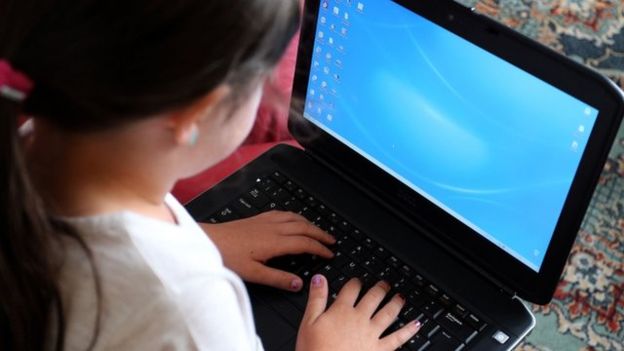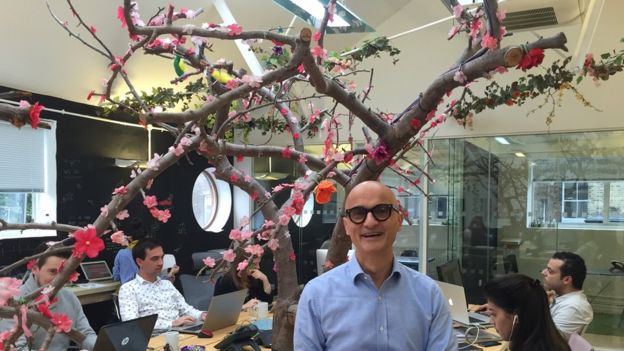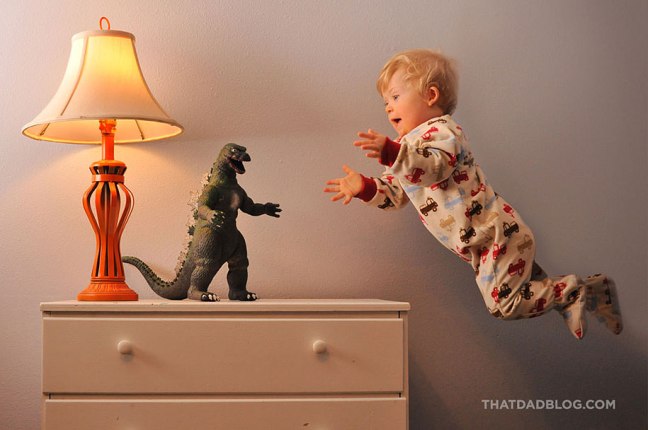The child of 2015 no doubt has high expectations of her parents’ abilities to locate Father Christmas. When I was young it was sufficient for my Mum and Dad to point to the sky and say “he’s up there somewhere”, nod knowingly and retreat back inside. But with all the digital tracking technology available to you these days, it would be remiss not to appear more knowledgeable 😉
Never fear then, for there is help at hand! As I write Google Santa Tracker informs me that it’s just 24 minutes away from departure time for the great man. You’ll then be able to track his travels on Google Maps and, Google being Google, you can also play games, watch videos and learn about the spirit of Christmas on the web site.
Microsoft has taken a rather more scientific approach and teamed up with NORAD (North American Aerospace Defence Command). NORAD have been tracking the bearded wonder since 1955, after an ad gave the number for NORAD’s predecessor, the Continental Air Defense Command (CONAD), as a way of reaching Santa. Children who called looking for Santa were instead given his ‘official’ coordinates, according to the best radars in the world.
NORAD have continued the tradition for 60 years, and now they claim:
The moment our radar tells us that Santa has lifted off, we begin to use the same satellites that we use in providing air warning of possible missile launches aimed at North America.
Yikes, that’s not a particularly kid-friendly statement is it?!! Anyhow, the site also has videos, games and fun ways to explore the North Pole.










